Media Player Classic
My favorite media player, Media Player Classic (guliverkli) can be found here.
My favorite media player, Media Player Classic (guliverkli) can be found here.
Actually, you can never have enough backups, but the original reason for getting Acronis’ TrueImage was to copy an image of my 60GB laptop HDD to a new 100GB HDD. This worked surprisingly well, connecting the new disk, using an external USB case, the tool reboots the system and copies a bootable image of the disk.
Beside this, the tool can perform backups while you work on your system. Very cool and helpfully if you backup to a server, which could take some time. In addition the tool provides a very great feature, which makes accessing files within your backup very comfortable. You can just plug an backup image as a virtual disk to your system and this way you can access the complete backup and access specific files you are looking for.
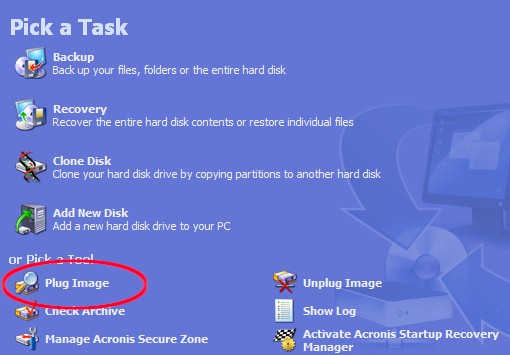
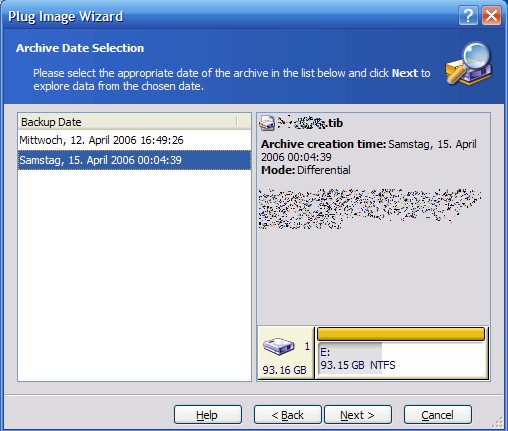
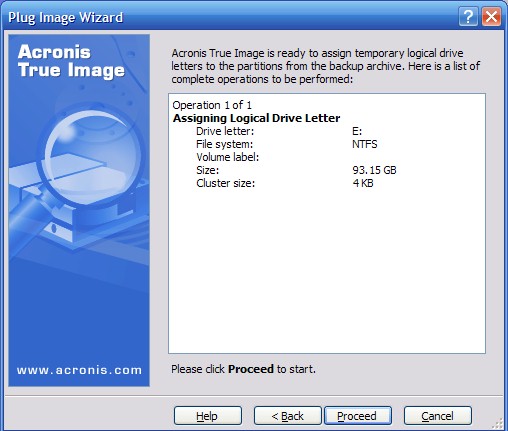
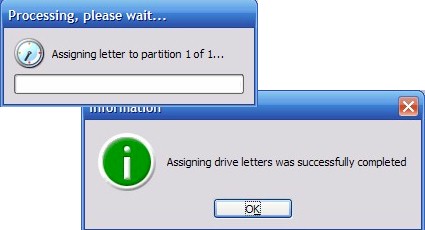
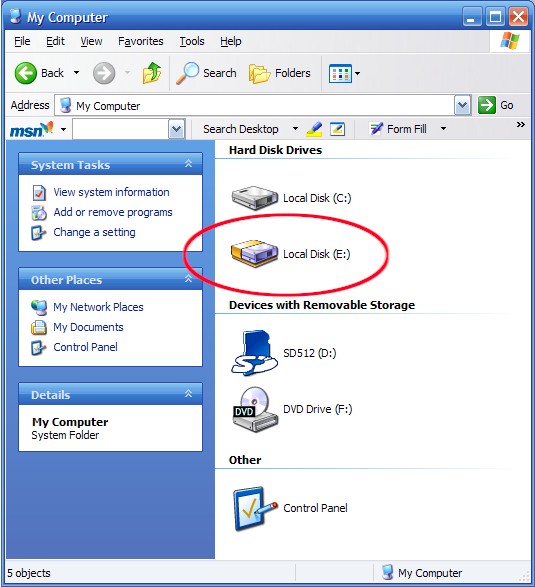
Just found this: Windows XP Downloads Overview.
Working in the virtual machine sucks sometimes. The Virtual Machine Network Driver is supposed to be a solution at least for some network issues.
The Virtual Machine Network Driver allows the Device emulator’s OS (or even the Virtual PC OS, as the case may be) to emulate its own network connection. Because the physical network interface on the host machine is now “virtualized,” you have a way to get two IP Addresses – one for the host PC, and one for the operating system that is running within the Device Emulator (or Virtual PC). Device Emulator users using the VMNet Driver can connect to the host machine over TCP or UDP as the alternative to the standard “Activesync over DMA” solution.
On the German Microsoft TechNet website you can find a online book called TCP/IP-Grundlagen für Microsoft Windows. Unfortunately, there are not all chapters published, yet.
Today, I decided to pimp my Tablet PC somehow. The first I pushed the available RAM of the Toshiba M200 to the absolute limit of 2GB. Finally, I decided against a second Samsung M40L2923 module. Instead I use a 1GB DIMM-S0 Infineon module.
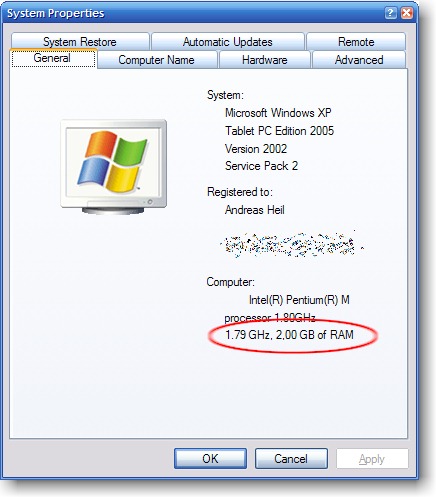
Still not satisfied, I wanted to update my BIOS to the current BIOS version 1.7. This sound pretty easy while Toshiba offering a windows-based update utility for those not having any disk or DVD drive available. Anyway some issues appeared:
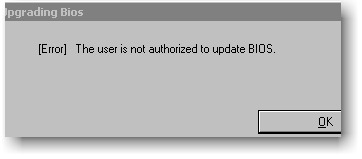
If you search for a while, you’ll find that the problem is well known and described in this technical support bulletin. All you have to do is downloading the Toshiba Utilities to make the missing DLLs available. Beside the installation of the BIOS some more utilities are available, too.
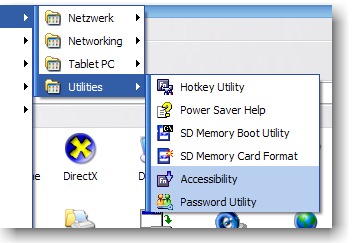
After starting the update utility again, the system need only a few seconds, until reboot. The after logging into the system the tool is finishing the (un-)installation for a few seconds. After that everything works properly again.
IIS is not willing to start anymore. At least in the Microsoft Knowledge Base you can find a hint for this problem. So first, I thought it could be all the beta WinFX and Indigo stuff, I have installed on my machine. Finally, I found the reason: Skype grabbed port 80. After closing Skype I was able to restart the IIS.
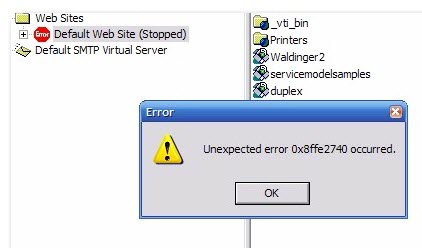
Today, I got the hint to take a deeper look into the AD. Surprisingly I found the following entry in the Active Directory Schema:
Sounds like a joke, doesn’t it? If you have a look into RFC 1274 search for section 9.3.5. There you will find
9.3.5. Favourite Drink
The Favourite Drink attribute type specifies the favourite drink of
an object (or person).
favouriteDrink ATTRIBUTE
WITH ATTRIBUTE-SYNTAX
caseIgnoreStringSyntax
(SIZE (1 .. ub-favourite-drink))
::= {pilotAttributeType 5}
Seems like it is no joke at all…